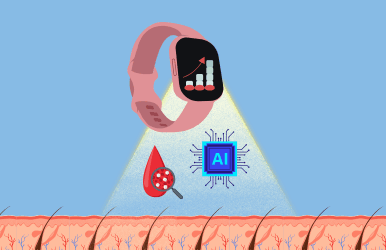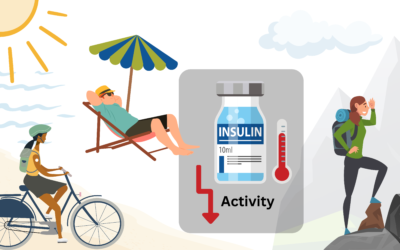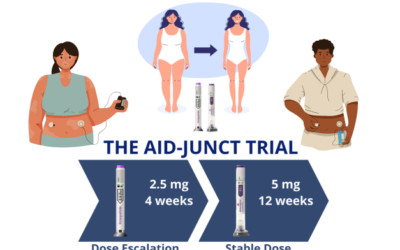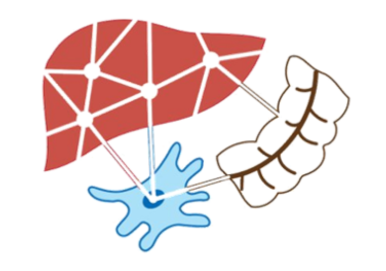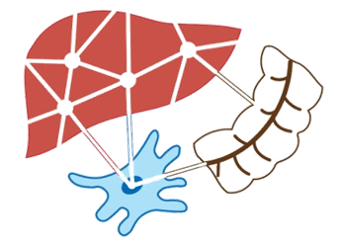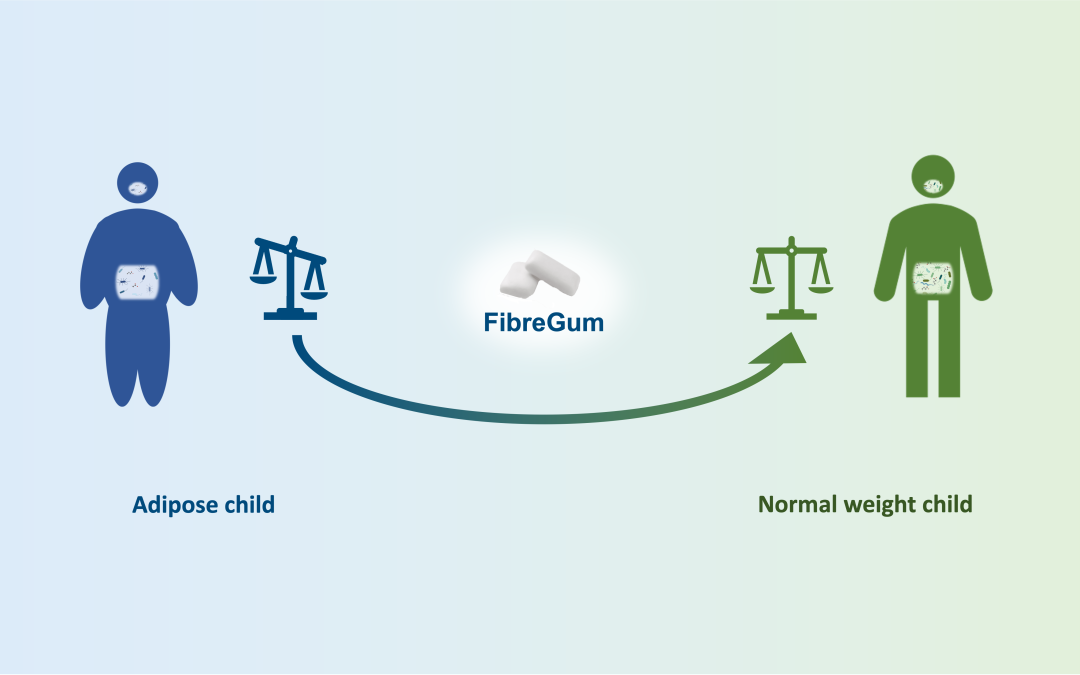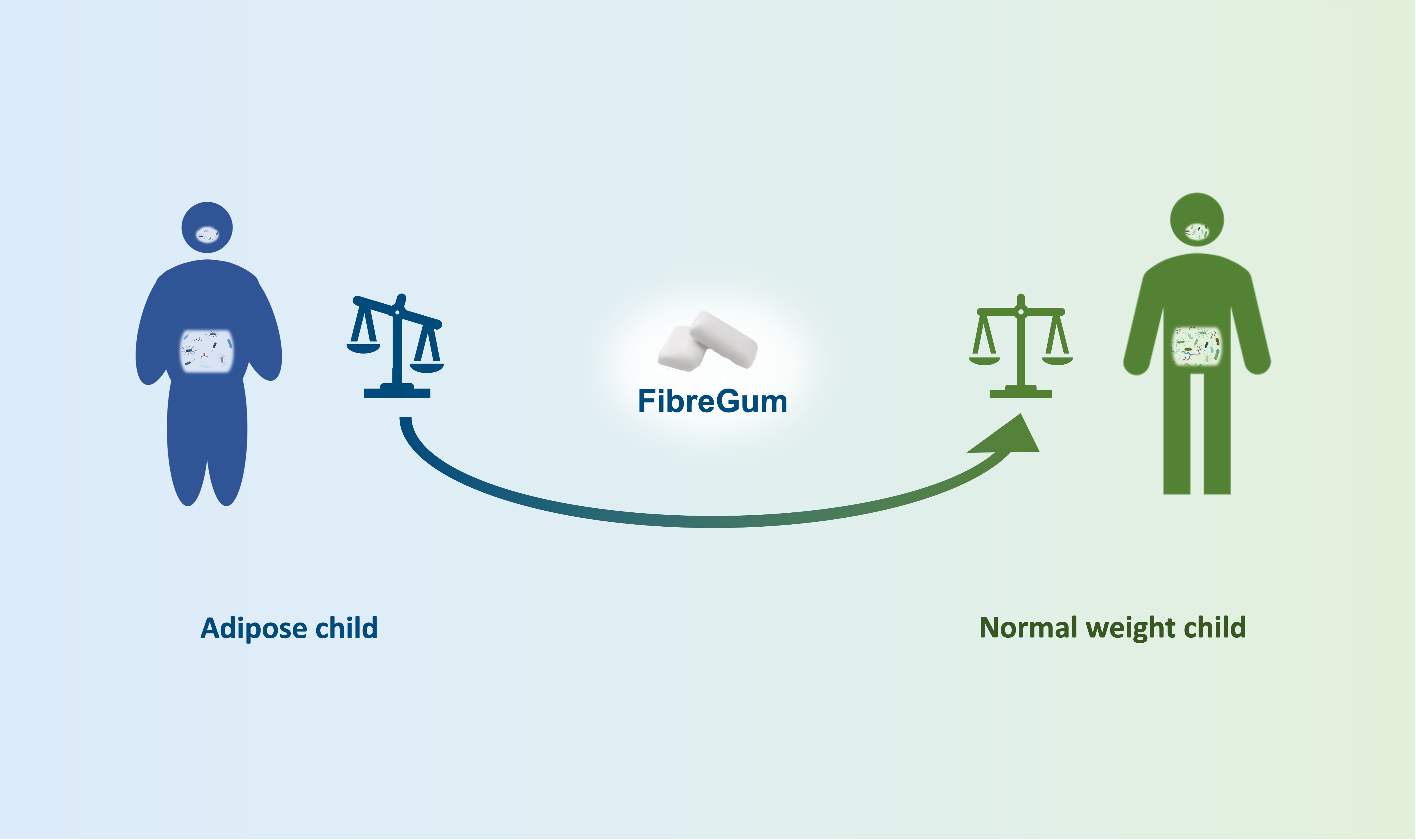Towards painless, needle-free glucose monitoring for people with Type 1 Diabetes.Project description:For people with...
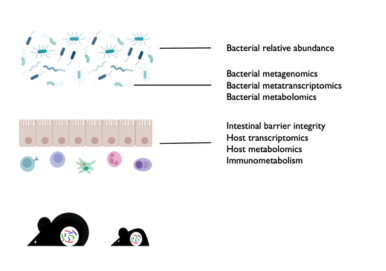
Obesogenic microbiota Project
Obesogenic microbiota Project
Exploring the connection: obesity, gut microbiome, and metabolic health
Cause and effect relationship between obesity and gut microbiome
Global rises in metabolic diseases such as obesity and diabetes pose severe medical and socio-economic threats, influenced by a variety of both genetic and environmental factors. Chronic inflammation links these diseases, suggesting an impact on the immune system. The human intestinal flora, especially the metabolic products it produces, appear to play a role in the development of obesity and diabetes.
To understand the underlying mechanisms, our project utilizes innovative methods (gnotobiotics, metagenomics and metabolomics) to explore the relationship between gut flora, metabolism and immune function. By unraveling these relationships, we aim to lay the foundation for innovative strategies to prevent and treat these diseases.

More recent projects
SPN-005 – Pilot study on painless glucose monitoring
Insulin Activity Project
Exploring Insulin Stability and Activity in Diabetes ManagementInsulin is essential for diabetes management, but its...
AID-JUNCT study: GIP/GLP-1RA as Adjunctive to Automated Insulin Delivery
Findings from a prospective, randomized clinical studyInnovative approaches to combination therapy in type 1...

